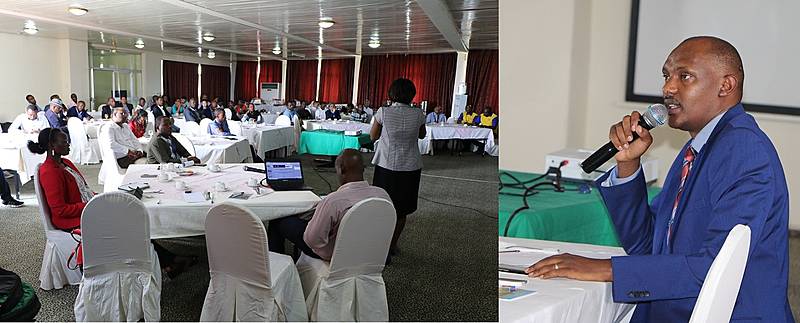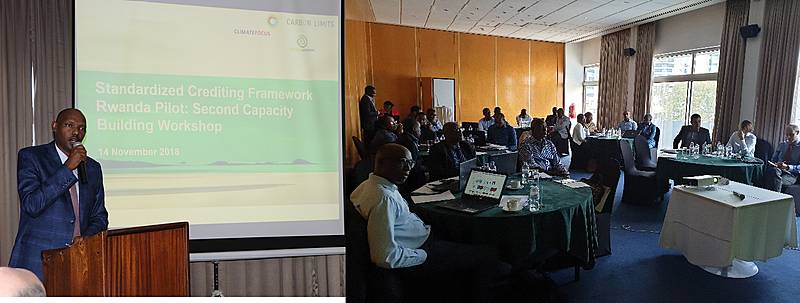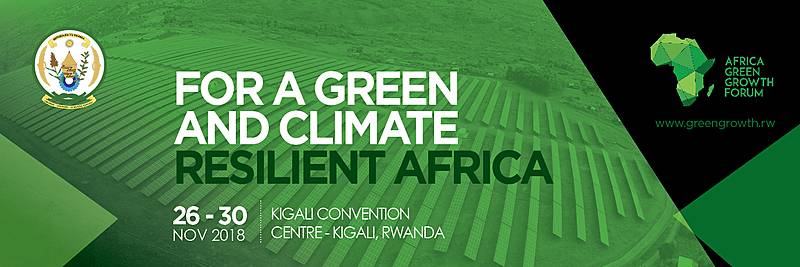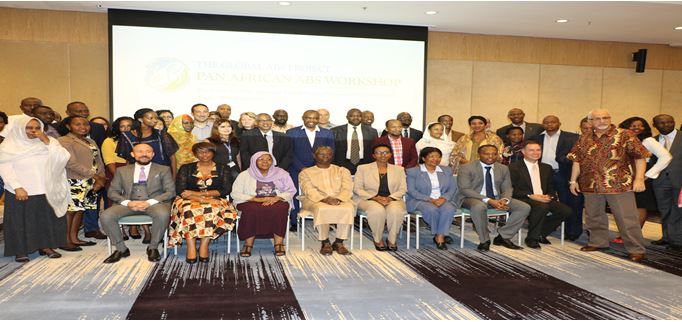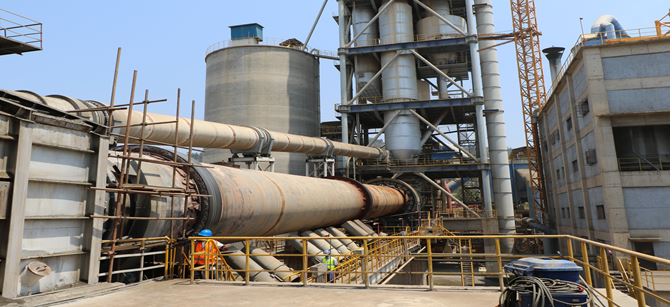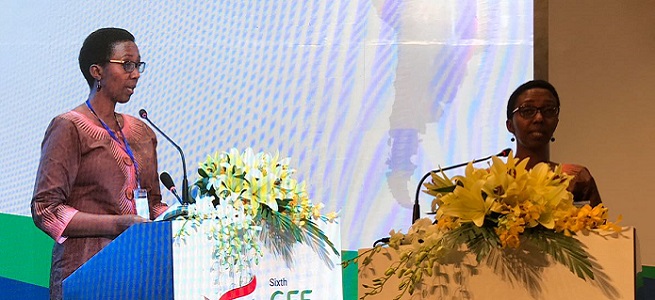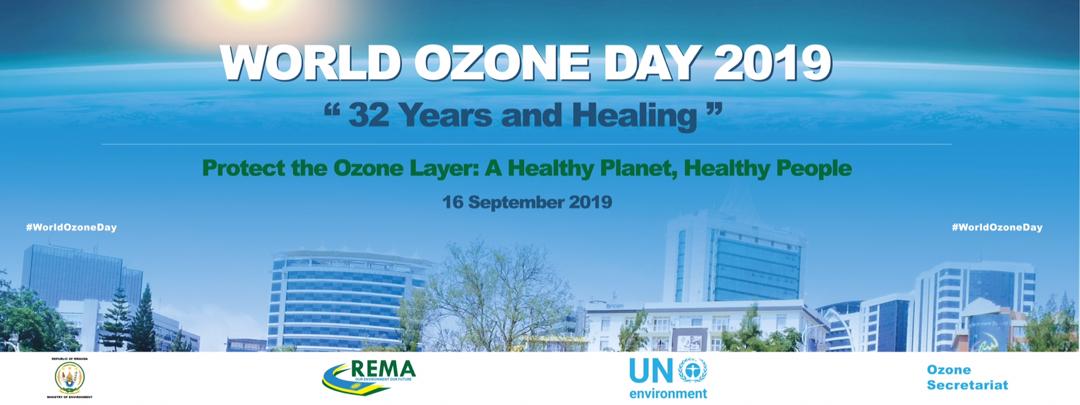
Rwanda joins the rest of the world to celebrate the World Ozone Day 2019
Rwanda is this coming Monday joining the rest of the world to celebrate the World Ozone Day celebrated under the theme “32 years and healing”. The day is celebrated annually on 16th September, proclaimed by the UN General Assembly to be the International Day for the Preservation of the Ozone Layer.
This acknowledges the date of 16 September when representatives from 24 countries met in Montreal-Canada and announced to the world that it was time to stop destroying the ozone layer (16September 1987).
The theme for this year celebrates over three decades of remarkable international cooperation to protect the ozone layer and the climate under the Montreal Protocol. It reminds us that we must keep up the momentum to ensure healthy people and a healthy planet.
For Rwanda, by celebrating the World Ozone Day, the country celebrates its success with its support to the Montreal Protocol especially the Kigali Amendment to the Montreal Protocol, which entered into force on 1 January 2019. Currently, more than 78 countries have already ratified the Kigali Amendment to phase out hydrofluorocarbons (HFCs) that are most potential climate-warming gases. It is important to note that the phasing down of HFCs, will avoid up to 0.4°C of global temperature rise by the end of the century.
Causes and Effects of Ozone Layer depletion
The Ozone layer depletion is normally caused by human activities and human made chemicals especially manufactured halocarbon refrigerants, solvents, propellants and foam-blowing agents that bring chlorine and bromineto the stratosphere, causing then the depletion of ozone layer.
The Ozone layer depleting substances include Chlorofluorocarbons (CFCs), Hydrochlorofluorocarbons (HCFCs), Hydrobromofluorocarbons (HBFCs), Halons, Methyl bromideandCarbon tetrachloride. Those substances have been used as refrigerants in air conditioners, refrigeration equipment, cold rooms and other cooling systems.
The effects of Ozone layer depletion of on human beings include skin cancer, increase in risk of cataract, weakened human immune systems , DNA damage as well as Lung Diseases since Ultraviolet radiations can disturb biomolecules such as lipids, proteins and Nucleic acids.
Effects of ozone layer depletion can also lead to food shortage as Ultraviolet radiations disturb developmental and physiological processes that decrease the productivity of crops.
Ultraviolet radiation also affects wildlife as well since ozone depletion may lead to a loss of plant species and reduce global food supply.
To contribute to the protection of Ozone layer, people are encouraged to use natural gases, timely maintain their cooling equipment such as air conditioners, refrigerators and other heating and cooling systems and also avoid usage gases and chemical products that are dangerous to the ozone layer.
Topics
More posts
Rwanda hosts the Global Environment Facility (GEF) Eastern Africa Constituency Meeting
Kigali, 22 November, 2018, Following the 6th GEF Assembly and 54th Council Meeting held in Danang, Vietnam in June 2018, the GEF focal points of the…
Top managers of industries in Prime Economic zone and Special Economic zone were briefed on new law on Environment
Kigali, 16 November, 2018 - In view of elaborating the new law on environment, LAW N°48/2018 OF 13/08/2018 LAW ON ENVIRONMENT, Rwanda Environment…
Rwanda pilots the second phase of Standardized Crediting Framework concept
Kigali, 15 November, 2018- From 14 to 15 November, 2018, REMA and the World Bank Carbon Initiative for Development (Ci-Dev) hosted a workshop to…
Rwanda to host inaugural Africa Green Growth Forum
Rwanda will host the first ever Africa Green Growth Forum, gathering more than 1,000 investors, policy makers and financial specialists from across…
Rwanda hosts Pan African Workshop on Access and Benefit Sharing of Genetic Resources
Rwanda from 28–30 August 2018 hosts a Pan African Workshop on Access and Benefit Sharing of Genetic Resources (ABS). The workshop brings together…
Rwanda incinerates harmful oils used in transformers
The Government of Rwanda through the Rwanda Environment Management Authority (REMA) started the incineration of Polychlorinated Biphenyls (PCBs) oil -…
Rwanda statement at the 6th GEF Assembly in Da Nang, Viet Nam
STATEMENT BY HEAD OF DELEGATION FROM RWANDA - COLETHA U. RUHAMYA - DIRECTOR GENERAL OF RWANDA ENVIRONMENT MANAGEMENT AUTHORITY (REMA) AT THE 6TH…
World Environment Day: winners of environmental school competitions awarded
Rwanda Environment Management Authority (REMA) has awarded winners of this year’s environmental school competitions organized in the build up to the…
Umunsi Mpuzamahanga w’Ibidukikije: Igihe kirageze ngo tuzirikane ububi bwa plastiki mu mibereho yacu
Kuri uyu wa 05 Kamena, u Rwanda rwifatanyije n’isi yose mu kwizihiza Umunsi Mpuzamahanga w’Ibidukikije, uyu ukaba ari umwanya wo kuganira ku bibazo…

